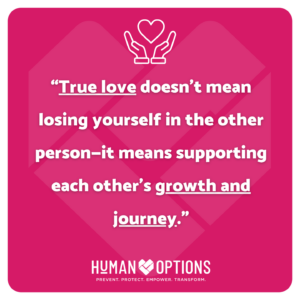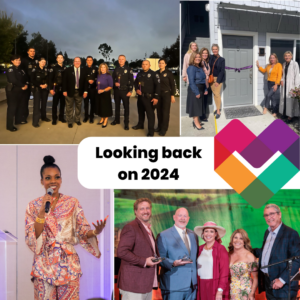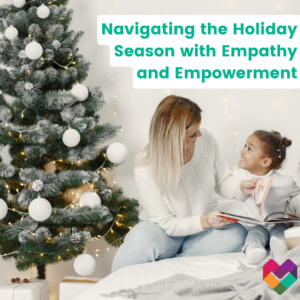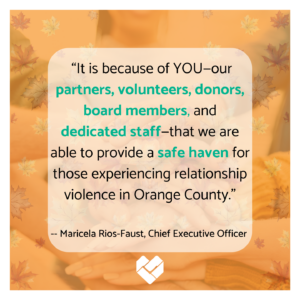You may believe that leaving an abusive relationship is the end of living in fear for victims and their children. That the two-year-old little girl, asleep in her mother’s bed, waking up to her father hitting her mother will be alright once her mom leaves her abusive father, right?
You may even believe that the glamorous lifestyle of a woman on our television screen could not be a woman who has and is experiencing life threatening abuse. Surely she has the means and support to leave, right?
Taylor Armstrong – author, reality TV star, mother, and domestic violence survivor debunks both these beliefs as she shares how the vivid memory of abuse as that two-year-old girl impacted relationships. Taylor describes herself as one of the many faces of domestic violence, and at last week’s annual Fall Luncheon Event: Igniting Social Change she shared her harrowing story and how despite being a national television star, her husband’s abuse caused her to fear for her life. Her story is one that occurs all too commonly to adults who were exposed to parental violence, and she now uses her experience to advocate and help raise awareness for the realities of domestic violence.
National survey data suggests that one in three women are affected by intimate partner violence, and that the majority of those women are mothers. Children of parents experiencing relationship violence can also be categorized as victims, as the traumatic effects of exposure can reverberate throughout their lifetime. Unfortunately, without intervention, childhood trauma tends to beget additional trauma.
In her book, Hiding from Reality: My Story of Love, Loss, and Finding the Courage Within, Taylor recounts how her childhood experiences set the course for her later abusive relationships:
“As a child, all I knew was the trauma of the abuse I had witnessed and the sorrow caused by not having a dad. Unfortunately, my mom didn’t think to look for these warning signs because the window of abuse had been so small, so she had no idea of the crippling insecurities and deficiencies in my self-esteem that were consuming my personality and would haunt me throughout my adult relationships with men.”
Taylor’s story reminds us that victims of relationship violence can come from diverse backgrounds, homes, and communities. While each abusive situation can present differently, the sad reality is that childhood exposure to parental domestic violence is a risk factor to both becoming violent in adult relationships or falling prey to violent or abusive relationships.
The story doesn’t have to continue to play out this way. Taylor’s remarks on how she found the courage to leave because of the impact the abuse was having on her daughter, are an example of healing for victims that can lead to breaking the intergenerational cycle of abuse. Together, we can end intergenerational cycles of abuse. Helping parents who are victims of relationship violence also helps children of relationship violence who are at higher risk for a host of challenges later in life as a result of their exposure.
If you or someone you know is experiencing relationship violence, Human Options is here to help. Visit our support page or call our 24-hour toll free hotline at 877-854-3598.








